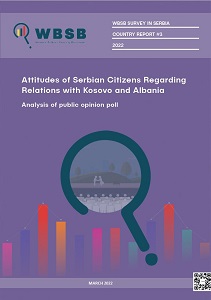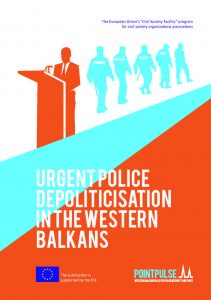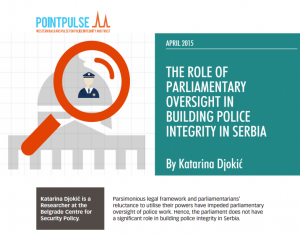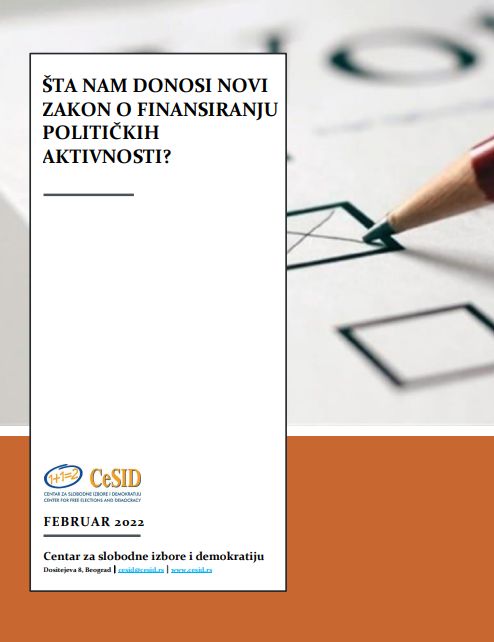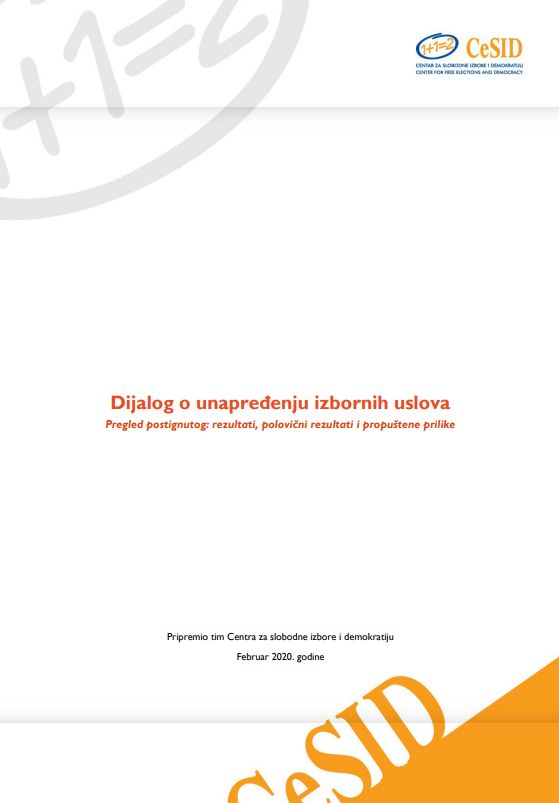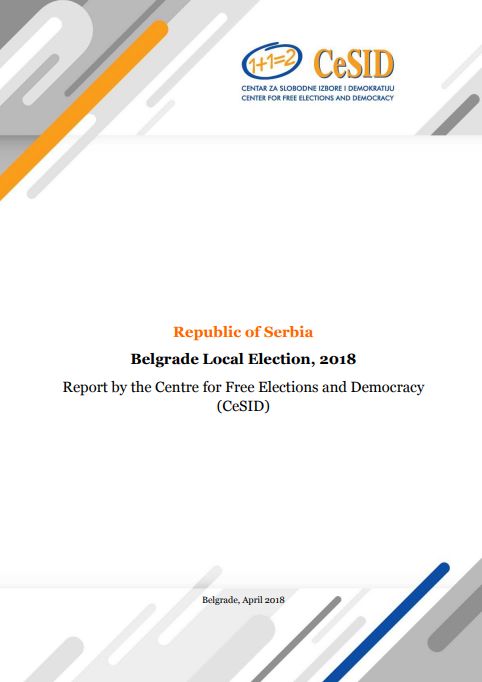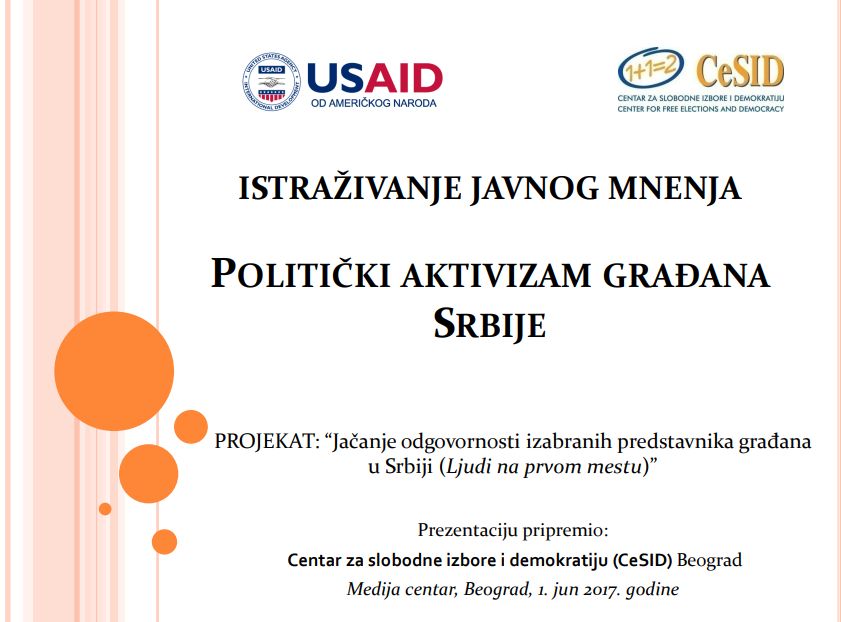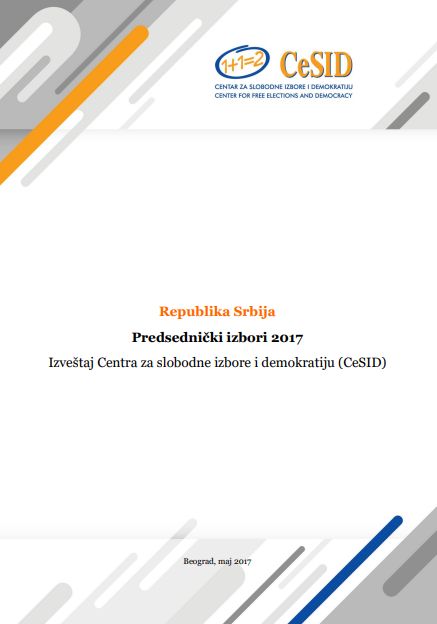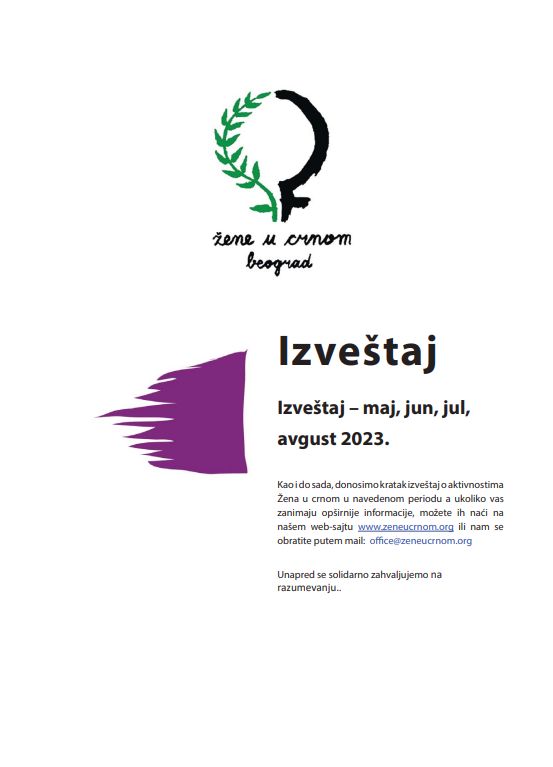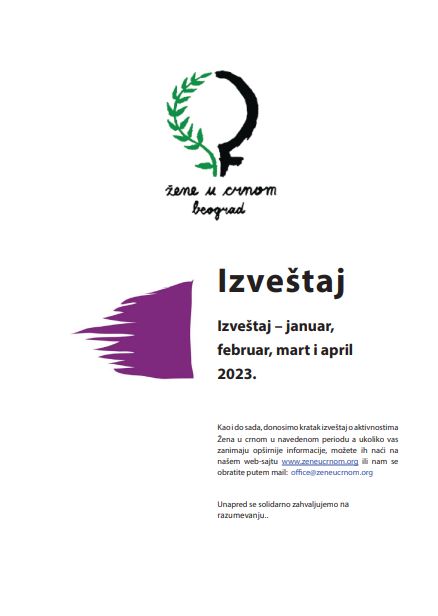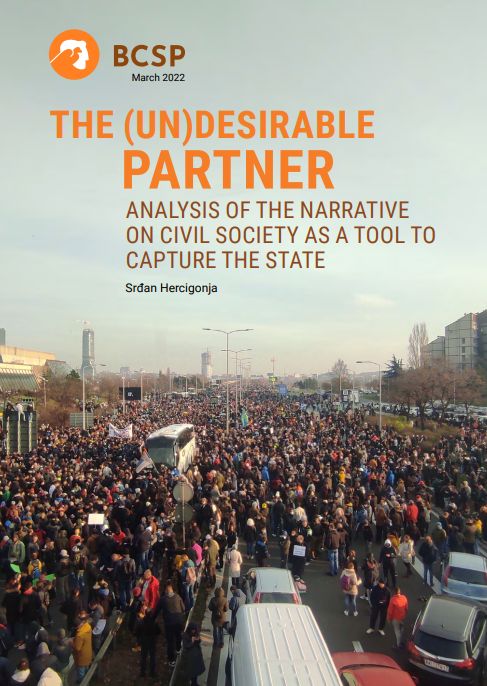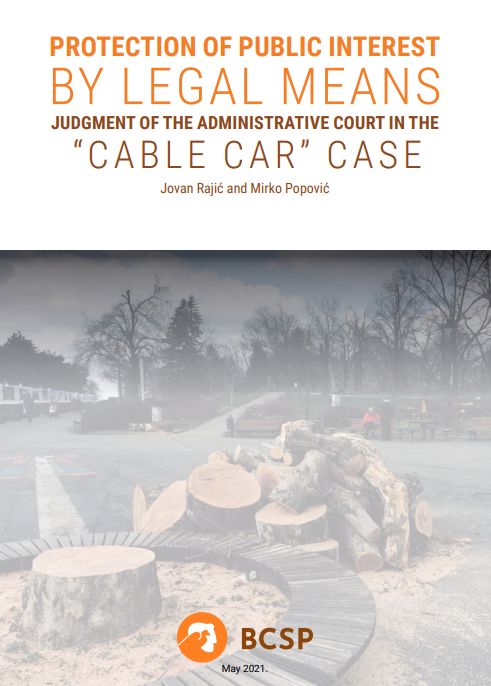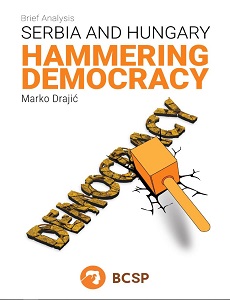
Serbia and Hungary: Hammering Democracy
Hungary is currently Serbia’s closest international partner. Bilateral relations between the two countries are no longer marred by any disputes and their political and economic interests increasingly coincide. The values underpinning the administrations of both countries have converged to such an extent that a similar modus operandi is evident in their attitudes to issues such as democracy, the rule of law, institutions, foreign policy priorities, political opposition, the media, non-governmental organisations and the migrant crisis. According to the latest Freedom House report, these values and the political systems they have given rise to categorise these two countries as hybrid regimes – one step closer to authoritarian systems of government.
More...

